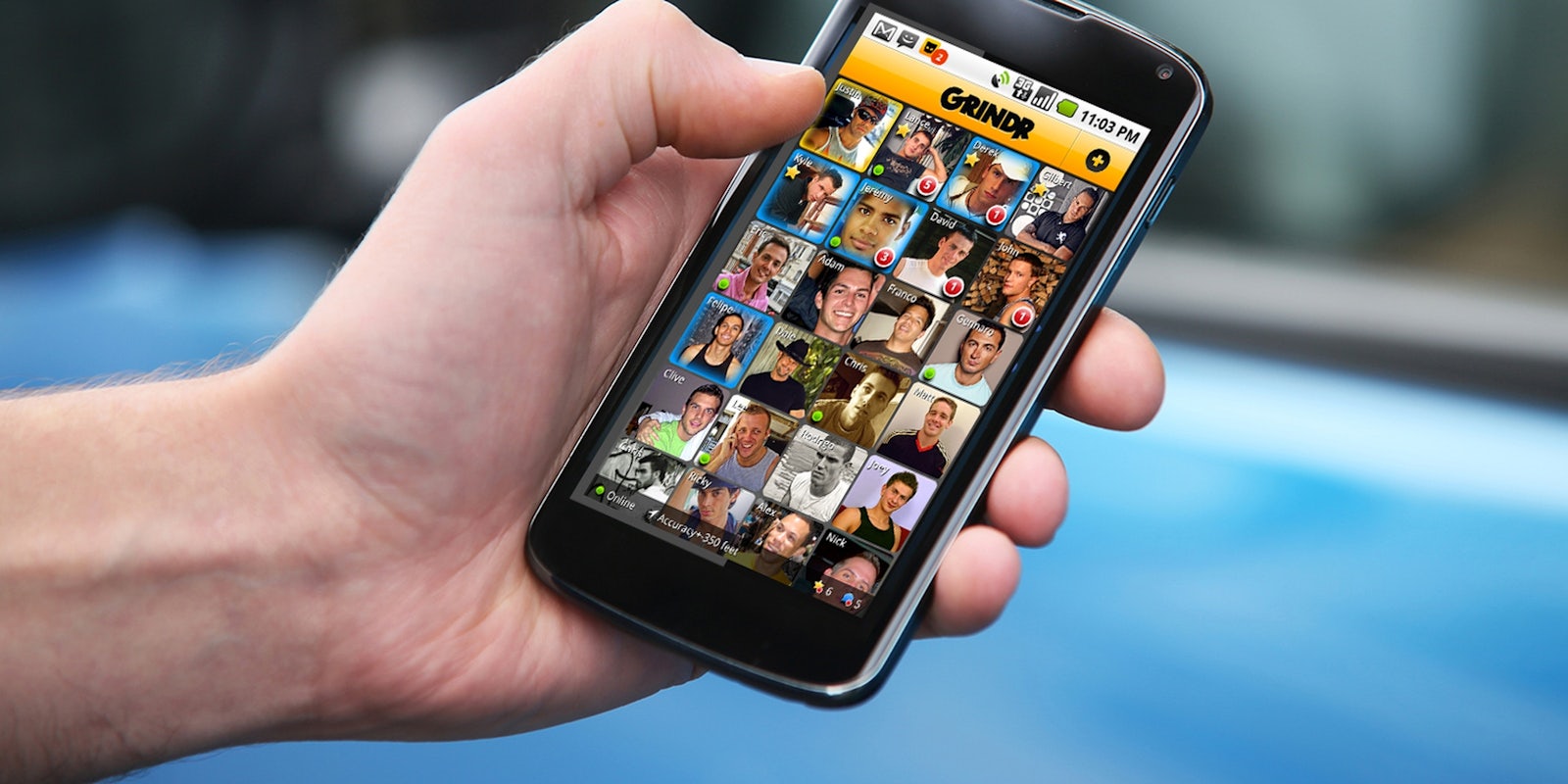The gay dating app Grindr reportedly ignored a man’s complaints for months after his ex sent more than a thousand “dates” to his home asking for drugs and violent sex.
It started in October 2016, with one “match” from Grindr who showed up to Matthew Herrick’s New York door, referring to his photos on the app taken in his kitchen. “That’s me, but that’s not me,” Herrick remembered telling the man. It soon multiplied to three other men on the same day, then to eight, and then to a dozen or so men in a day, Wired reported in 2017.
Herrick, 32, said that his ex-boyfriend, identified as J.C., created a fake profile on the dating app using his photos and revealing his address, and sent approximately 1,100 men to his home and office, according to court documents. The men, Herrick said, had been misled via the app that he was HIV-positive, looking for violent bondage sex, and wanting sex with multiple men at the same time.
At least one of these men reportedly physically assaulted Herrick’s roommate who was trying to get the man to leave. On numerous occasions when Herrick tried to explain he had been impersonated, the “date” lingered around his home or outside work for 30 minutes, he said.
Despite repeated complaints—both from Herrick as well as his sister and roommate, who were also harassed as a result—Grindr merely responded with automated replies and avoided taking any substantial actions. Herrick filed a lawsuit against the dating app with U.S. District Court Southern District of New York in March 2017, charging it with “product liability arising out of defects,” negligence, fraud, and violations of New York business law, amid other accusations.
Grindr’s alleged negligence toward customers like Herrick allows the “weaponization of its products and services, and Grindr continues to facilitate the attempted rape and murder scheme,” the lawsuit read. As Herrick’s attorney told Wired, “They were setting him up to be sexually assaulted. It’s just luck that it hasn’t happened yet.”
However, Section 230 of the Communications Decency Act of 1996 protects apps and websites from liabilities caused by third parties on their platforms. In February 2017, a judge ruled in favor of Grindr, despite agreeing that its actions weren’t right, according to BuzzFeed News.
Herrick’s lawyers aren’t backing down, though. On Monday, they took the case to the U.S. Court of Appeals for the 2nd Circuit. If the court rules in Herrick’s favor, experts say it could have ripple effects for tech companies who have generally been protected under Section 230 on the basis of free speech.
Herrick is also going into this battle with a sea of supporters. Organizations such as Electronic Privacy Information Center are rallying behind him and have argued that navigating the internet has changed significantly since the Telecommunications Act was passed in 1996, and that social media companies are well aware of the abuse that happens on their platform and are “enabling” abusers.
Meanwhile, other experts remain wary of a ruling in favor of Herrick, as they believe it could infringe on protection of free speech.
As for J.C., he was arrested in October 2017 on charges of “stalking, criminal impersonation, making a false police report, and disobeying a court order,” BuzzFeed News reports. He has pleaded not guilty and denied all the allegations.
